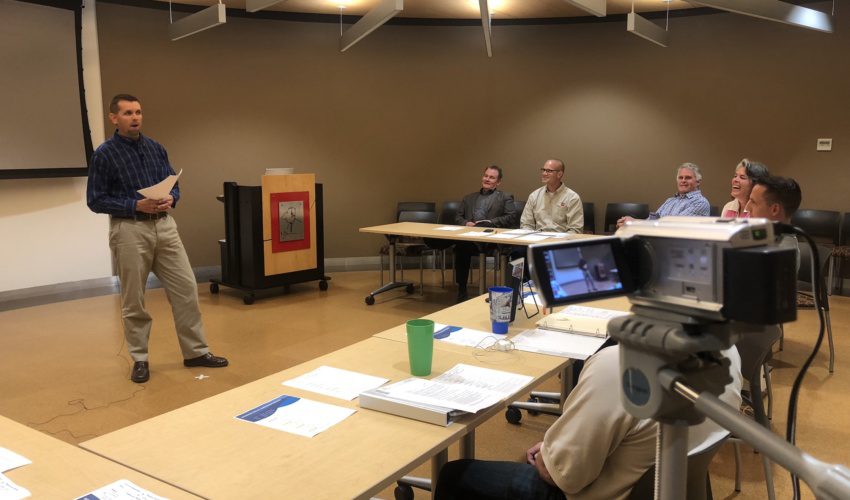From wills to powers of attorney, know your estate planning basics
April 28, 2020
This paid piece is sponsored by Woods, Fuller, Shultz & Smith PC.
By Lisa J. Maguire, attorney
Many people feel uncomfortable talking about estate planning. It’s not necessarily pleasant for any of us to consider our own mortality. However, in these uncertain times, having a will and other estate-related documents in place might help give you a sense of control over your financial and estate planning, and ease your mind should the unforeseen happen. It is important to have a general understanding of estate planning basics to plan properly for possible illness or death.
Wills
A will is a written document that directs how your property is to be distributed, who will manage your estate and who will care for your minor children upon your death. It is important to have a will in place, regardless of the size of your estate, to ensure that your wishes are carried out. If you do not have a valid will, the state and its laws dictate who will benefit from your estate and raise your children.
Personal representative
“Personal representative” is the modern term for executor or administrator. This person is the one who pays bills and taxes for your estate, collects income due to your estate and distributes your assets. If you have a will in place, you are able to choose the person you would like to act in this capacity. If you do not have a will in place, a personal representative will be appointed for you by the courts according to your state’s laws.
Durable power of attorney for financial matters
A durable power of attorney names an agent to take care of your financial and business affairs if you are not able to do so for whatever reason. For example, the agent is able to write checks on your behalf, make investments for you, gain access to your safe-deposit box and complete business transactions on your behalf. This document is usually effective while you are alive, even if you are permanently unconscious, and it terminates upon your death.
Durable power of attorney for health care matters
This type of power of attorney is a very important document to have in place in the event you are not able, for any reason, to make medical decisions for yourself. This document allows you to designate a medical agent who is authorized to make medical decisions for you and to act upon your behalf for a broad range of medical related acts, including employing doctors on your behalf, admitting you into health care facilities and obtaining your medical records. The agent’s authority to act ceases upon your death.
Living will
A living will is a statement of your wishes regarding your medical care if you are terminally ill and permanently unconscious. By completing a living will, you are able to decide the extent of life-sustaining treatment you wish to receive in the event death is imminent or you are permanently unconscious.
Probate
Probate is a legal proceeding that transfers your property following your death according to the terms of your will or in the absence of a will under your state’s laws. Many people erroneously believe that by having a will they are able to bypass the probate process. This is untrue. With some exceptions for small estates, wills must be filed and go through the probate process; however, by having a will, the process often takes less time.
Living trust
A living trust, also known as a revocable trust, is used to own property that eventually will pass upon your death to your named beneficiaries. A living trust is created by signing a legal document that directs how property held in the trust will be managed and distributed. As creator of the trust, you are called the settlor, grantor or trustor of the trust, and you transfer your property to a trustee. The persons named to receive the income during your lifetime or who will receive the trust property upon your death are the beneficiaries. You may be the settlor, trustee and a beneficiary all at the same time.
By understanding the basics of estate planning, you can work to ensure your family and assets are protected and that your wishes are enforced in the event of your illness or death. Woods Fuller has a team of attorneys who can help guide you through the estate planning process. Visit woodsfuller.com to learn more.







